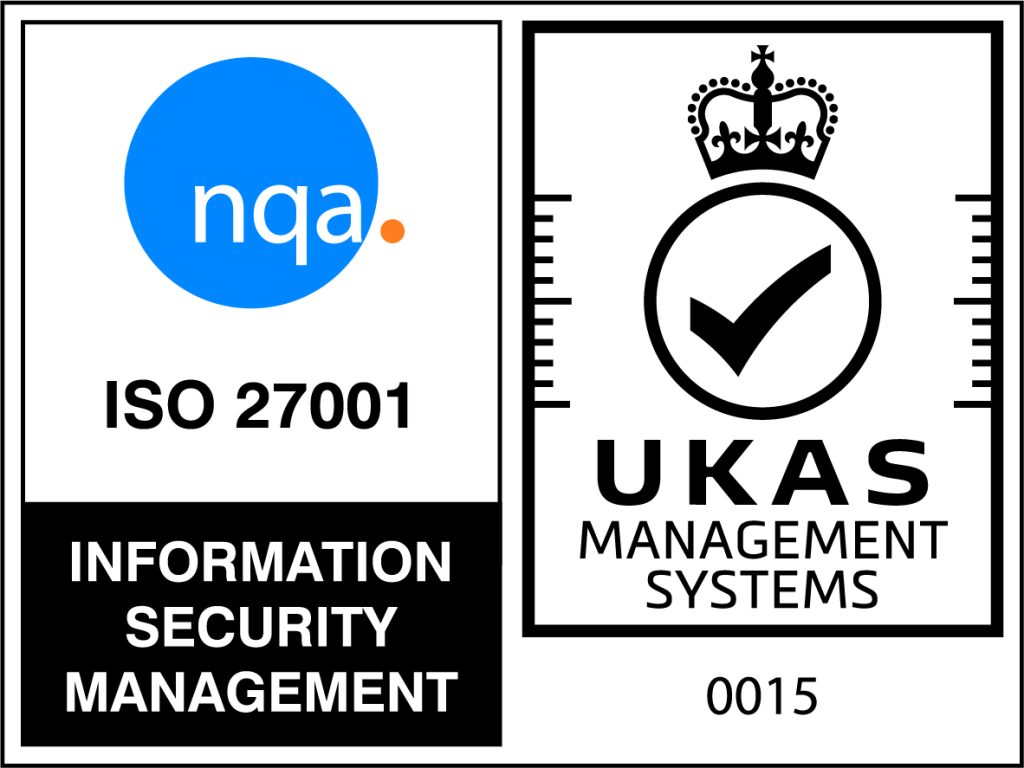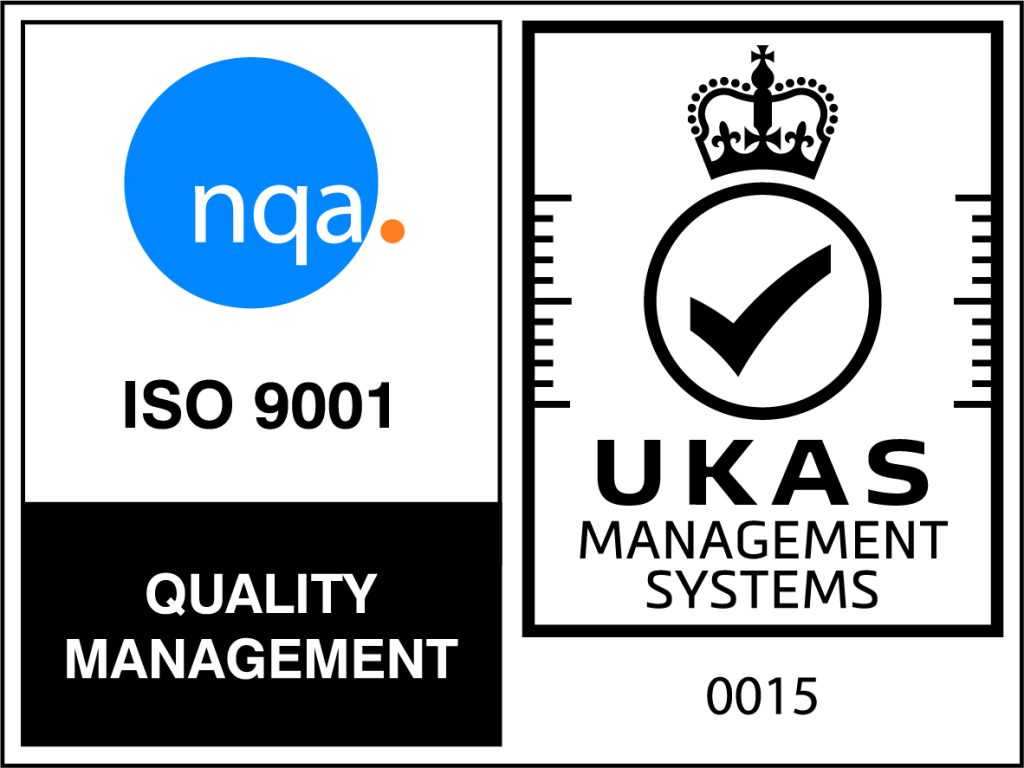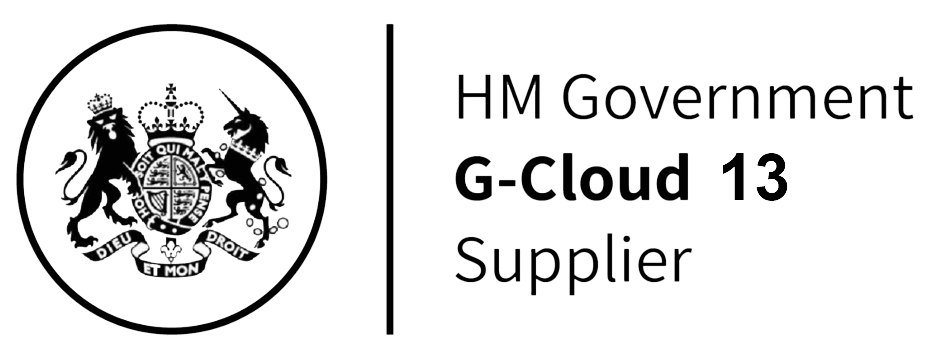Case Study
Generative AI - Virtual Assistant
How we streamlined repair status visibility and enhanced customer satisfaction using the Microsoft AI tool Virtual Assistant



Virtual Assistant Case Study
One of the key strengths of generative AI is its ability to autonomously create new and unique conversations based on patterns and examples from vast datasets. This technology has the potential to revolutionise business processes.
Generative AI represents a game-changing advancement in the field of artificial intelligence, opening up new avenues for innovation. Its ability to generate original conversations with remarkable realism and sophistication has the potential to reshape industries and allow businesses to unlock their potential.
This case study outlines a project that aimed to improve the visibility of repair statuses for residents and third-party maintenance teams within our client’s internal platform, our clients applications.
The project involved implementing the Microsoft AI tool Virtual Assistant, an advanced technology solution, that would enable third parties without a direct API connection to update repair statuses. By streamlining processes and providing real-time updates, the project sought to increase customer satisfaction and align with our client’s Resident First Corporate Strategy.
Problem Statement
Previously, third-party maintenance teams faced challenges in updating repair statuses due to the absence of a direct connection to our clients applications. As a result, a manual process was followed, leading to delays, inaccurate data, tenant dissatisfaction, and misalignment with the corporate strategy. Our client recognised the need for accurate and up-to-date repair statuses to better serve residents and gain a comprehensive view of the property portfolio.
Scope
The project’s Proof of Concept (PoC) focused on the M&E Team and ABCA, a sole contractor, within our client’s HWTier1 users. The objective was to integrate the Microsoft Virtual Agent with our clients applications, enabling efficient recording of repair status and related notes.
Justification for Change
Implementing the Microsoft Virtual Assistant offered significant benefits by streamlining the manual process, enhancing data accuracy, and improving customer satisfaction. Our client aimed to provide real-time updates, make informed decisions about property repairs, and align with its strategic objectives.
Impact of Not Delivering the Change
Failure to implement the Microsoft Virtual Assistant solution would have resulted in our client relying on inaccurate data, hindering the achievement of strategic objectives and resident satisfaction.
Generative AI
One of the key advantages of generative AI is its ability to automate and accelerate process. By leveraging vast datasets and learning from existing examples, generative AI enables businesses to drive efficiency and therefore profitability.
Approach To Implementing The Change
The project had four key milestones: “Requirements Gathering”, “Testing”, “Go Live” and the final “Benefits Review”. Our project team used our Agile / DevOps methodology to deliver the project in sprints, with regular reviews and retrospectives with the client to refine the product backlog. Using regular reporting and feedback with stakeholders, the team also managed governance and milestones.
In partnership with our housing association client, Neo Technology gathered the requirements, designed and implemented the “Microsoft Virtual Assistant” tool. The VA tool enabled third party maintenance teams to update repair statuses in real time. Neo also worked with the client to integrate the “Virtual Assistant” tool back into their existing systems. The integration enabled repair statuses and notes to be recorded automatically in real time, which were then automatically updated in the residents’ “My Account portal”.
We also collaborated with the client’s third-party repairs and maintenance organisations (users) to ensure the VA tool was secure, stable, and brilliantly easy to use. The tool is scalable and designed to be deployed quickly with minimum customisation with other third parties and is available for other HA’s.
In order to maximise adoption, the project team also worked with the Business Change team to manage the change, communicating the benefits of the project and engaging with stakeholders and colleagues.
Our team also provided training to our client and it’s third party repairs and maintenance teams (users) to ensure they were comfortable using the VA tool in isolation as well as within the internal Repairs Case Management System (CMS).

Reasons For Change
Doing nothing would have meant that our client would have continued to:- use inaccurate data, be inefficient, fail to meet its strategic objectives, not empower its third party property repairs and maintenance teams, as well as not meeting residents expectations.
Improving the current manual processes would have brought some efficiency savings however, the issue of inaccurate data, slow repair status updates and wasted time would have persisted.
Because the Microsoft Virtual Assistant is easy to use, allows integration with third parties, improves process efficiencies with automation, enhances data quality, as well as aligning with the clients strategic objectives we recommended implementing the Microsoft Virtual Assistant.
Fostering transparency, trust, and improved collaboration
By leveraging Microsofts AI capabilities, Neo Technology eliminated the need for manual intervention in updating repair statuses. It meant that third-party property repairs and maintenance teams without a direct API connection could utilise the Virtual Assistant to seamlessly update repair statuses in our clients applications. The automations streamlined processes, reduced delays and minimised the potential for errors and inaccuracies. By providing real-time updates, the Virtual Agent saved valuable time and effort for both our client and their property repairs and maintenance teams that enabled more efficient allocation of resources.
Improved repair status visibility
This was crucial for enhancing customer satisfaction. The Microsoft Virtual Assistant facilitated real-time updates, providing residents with accurate information on the progress of their repairs. This transparency and timeliness reduced uncertainty and frustration among residents. With the ability for third-party maintenance teams to directly update repair statuses, our client ensured prompt and accurate updates, resulting in faster resolution times and increased customer satisfaction. The streamlined communication process fostered transparency, trust, and improved collaboration between our client, residents, and third-party contractors.
Conclusion
The implementation of the Microsoft Virtual Assistant solution represented a significant step towards improving repair status visibility, streamlining processes, and enhancing customer satisfaction within our clients organisation. Leveraging the power of advanced AI technology, Neo Technology provided our client with real-time updates from their repairs and maintenance teams. This created data-driven insights that helped make better business decisions for planned maintenance and repairs, which in turn reduced the total number of responsive repairs. The decision for change was justified with significant ROI.

Would you like to learn more about how Neo Technology can help your organisation achieve its goals?
Whatever your pain points and aims may be, our consultations will help you explore innovative and sustainable solutions, free of charge. Our Strategy Director Stuart will be happy to meet with you face-to-face or online at a time of your choosing.

Stuart Payne
Strategy Director
Book a meeting to discuss cutting-edge technological solutions for your organisations challenges